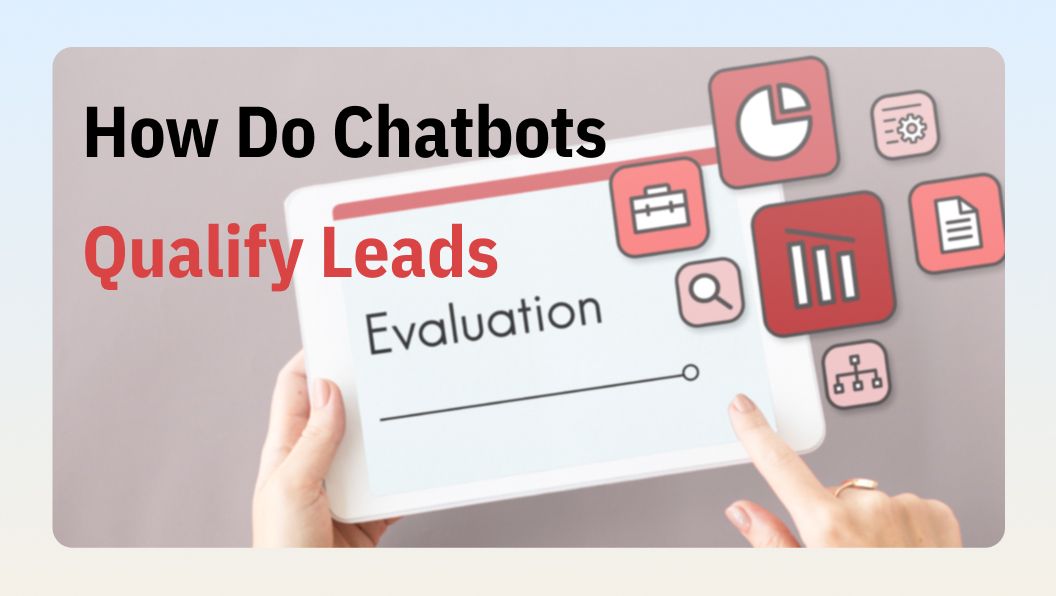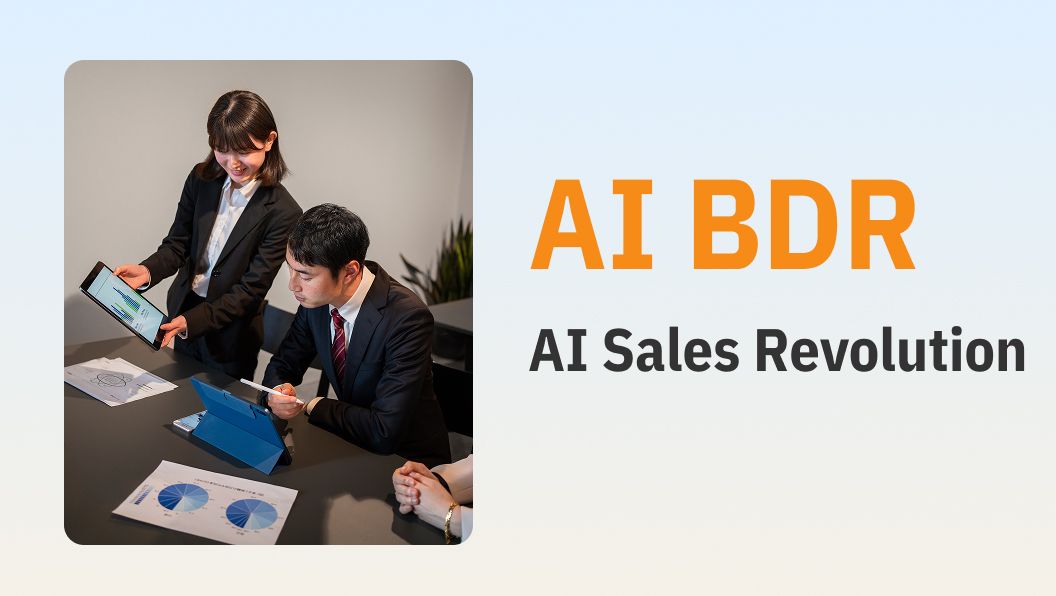AI's Role in BPO: Driving Efficiency and Human Skill Growth

Artificial Intelligence is revolutionizing the Business Process Outsourcing (BPO) industry, significantly enhancing efficiency and productivity. BPOs are at the forefront of leveraging AI, with 70% of BPO companies adopting AI compared to just 36% in other sectors. This rapid adoption positions AI in the BPO industry as a pioneer in digital transformation. AI optimizes processes, offering immediate resolutions and improving customer satisfaction. BPO service providers are embracing AI to revolutionize customer service, creating new business opportunities. BPO agents benefit from AI-enhanced analysis, which boosts performance and reduces livechat support costs. The BPO sector continues to evolve, addressing potential challenges and ensuring growth.
Understanding AI and BPO
The integration of AI tools and technologies in the BPO industry has become a key driver of performance optimization and cost reduction. These advancements boost efficiency and elevate the customer experience, making AI a critical asset for modern BPO operations.
AI Tools and Technologies in BPO
Computer Telephony Integration (CTI)
Computer Telephony Integration (CTI) allows businesses to connect telephone and computer systems, enhancing agent capabilities seamlessly. By providing real-time caller information, CTI improves the quality of customer interactions and streamlines communication processes.
Contact Center as a Service (CCaaS)
Contact Center as a Service (CCaaS) is a cloud-based solution that offers flexibility and scalability for managing customer interactions. With built-in AI-driven analytics and automation, CCaaS enables BPO providers to offer personalized customer service that adapts to fluctuating demands, revolutionizing the customer experience.
Robotic Process Automation (RPA)
Robotic Process Automation (RPA) automates routine tasks such as data entry, reducing manual intervention. This not only accelerates operational speed and accuracy but also lowers livechat support costs, allowing businesses to optimize resources without compromising service quality.
Machine Learning (ML) and Natural Language Processing (NLP)
Machine Learning (ML) and Natural Language Processing (NLP) power AI-driven chatbots and virtual assistants, enabling efficient handling of customer queries. NLP solutions also provide sentiment analysis, offering agents actionable insights to enhance customer service and improve response times.
Big Data Analytics and Predictive Analytics
Big Data Analytics and Predictive Analytics are essential for data-driven decision-making in the BPO sector. These tools automate the analysis of vast data sets, enabling organizations to identify trends, optimize processes, and proactively address challenges. This strategic insight drives continuous performance improvements.
Benefits of AI Integration in BPO

Improved Operational Efficiency and Productivity
AI dramatically enhances operational efficiency by automating repetitive tasks, allowing agents to focus on more complex issues. This shift not only improves individual performance but also optimizes workforce allocation. Businesses that leverage AI report streamlined processes, satisfied clients, and improved ROI. According to Metrigy, companies integrating AI see significant gains in operational metrics and scalability.
Enhanced Customer Service and Experience
AI is pivotal in revolutionizing customer service. Leveraging agent assist technologies, AI delivers real-time data and insights, empowering agents to offer personalized and efficient service. AI-driven chatbots and virtual assistants manage inquiries and perform sentiment analysis, leading to improved customer satisfaction and reduced support costs.
AI Handling Inquiries and Sentiment Analysis
AI excels in quickly resolving customer inquiries and analyzing sentiment. By identifying patterns in customer interactions, AI provides agents with insights that improve response accuracy and speed. This capability not only enhances agent performance but also reduces livechat support costs, contributing to happier customers and more productive agents.
Cost Savings and Revenue Boost
AI significantly reduces operational costs by automating routine tasks, enabling businesses to allocate resources more efficiently. This automation leads to a notable decrease in live chat support expenses, while AI-driven insights help companies identify new growth opportunities. By optimizing processes and improving decision-making, AI contributes to both cost savings and revenue expansion, making it an invaluable tool for businesses looking to enhance their profitability and drive long-term growth.
Enhanced Digital Marketing and Data Analysis
AI is transformative in digital marketing and data analysis, offering businesses real-time insights that drive smarter decision-making. By automating data collection and processing, AI helps companies analyze large volumes of information quickly, uncovering trends that boost marketing performance and customer engagement.
Data-Driven Marketing Strategies: AI analyzes customer behavior and preferences, enabling businesses to create personalized marketing campaigns that improve engagement and conversion rates.
Real-Time Insights: AI provides businesses with real-time data, allowing for swift decision-making and strategy adjustments in a competitive digital landscape.
Cost Efficiency: AI significantly reduces livechat support costs by automating routine inquiries and freeing agents to handle more complex tasks, thus enhancing overall productivity and lowering operational expenses.
Scalability and Flexibility: AI solutions offer scalability, allowing businesses to expand without dramatically increasing costs. This flexibility is vital for the BPO industry, where demand often fluctuates.
Challenges of AI Integration in BPO
While AI offers numerous benefits, its integration presents some challenges that businesses must address to fully harness its potential.
Overcoming Resistance to AI Adoption
Resistance to AI adoption often stems from employee apprehensions, such as concerns over job security. However, AI in the BPO sector is designed to augment human capabilities, not replace them. Clear communication and comprehensive training programs are essential to alleviate these concerns and ensure that employees understand how AI can enhance their roles.
Addressing Employee Apprehensions: Reassuring employees that AI will handle routine tasks, allowing them to focus on more complex and rewarding issues, can improve job satisfaction.
Training Needs: Businesses must invest in equipping their workforce with the necessary skills to use AI tools effectively. Comprehensive training ensures employees can work alongside AI seamlessly, maximizing its benefits.
Integration Complexity of AI Systems
Integrating multiple AI platforms can be complex, requiring businesses to streamline systems for seamless operations.
Streamlining AI Platforms: It’s crucial to align AI tools with existing workflows and data systems. Proper integration optimizes performance and reduces operational costs. Businesses that successfully integrate AI into their operations often see improved efficiency, better decision-making, and significant cost savings.
Impact of AI on Human Roles in BPO

AI Will Not Replace People
Contrary to common fears, AI in the BPO industry enhances human roles rather than replacing them. By automating repetitive tasks, AI frees up agents to focus on more complex issues, improving job satisfaction and productivity.
Creation of New Job Opportunities
AI adoption creates new job opportunities in areas such as programming, data analytics, and AI system management. As the BPO industry continues to evolve, demand for professionals skilled in AI and business processes will grow, opening new career paths and opportunities for innovation.
Demand for New Skills and Training
AI integration necessitates continuous learning. Employees must stay updated on AI advancements and their implications in the workplace. Training programs should focus on developing new skills, such as programming and data analysis, to ensure the workforce can effectively collaborate with AI.
AI Trainers, Developers, and Compliance Officers
The rise of AI is creating demand for specialized roles like AI trainers, developers, and compliance officers. These professionals are critical for implementing AI, ensuring ethical use, and maintaining privacy standards.
Training Workers to Collaborate with AI Tools
To maximize AI's potential, businesses must train their workforce to collaborate with AI tools effectively. This strategy ensures enhanced performance, cost savings, and a competitive edge.
Understanding AI's Role: Employees should grasp how AI can improve their roles by automating routine tasks, allowing them to focus on higher-value activities.
Investing in Training Programs: Comprehensive training on AI tools and their applications is essential for maximizing their impact on customer service and operational efficiency.
Developing New Skills: As AI evolves, employees must continuously develop new skills to keep pace with technological advancements.
Encouraging Continuous Learning: Promoting a culture of continuous learning ensures that employees stay adaptable and innovative in an ever-changing industry.
Businesses that invest in AI training and integration will unlock its full potential, driving operational improvements and reducing costs. Companies that successfully adopt AI often see significant enhancements in operational metrics and customer satisfaction, positioning themselves as leaders in the outsourcing industry.
GPTBots: Transforming BPO with AI
Revolutionizing Customer Service
GPTBots is at the cutting edge of transforming customer service in the BPO industry through AI-driven solutions. By enabling real-time data access and insights, GPTBots empowers agents to deliver personalized and efficient service, significantly enhancing customer interactions. This transformation not only boosts performance but also reduces livechat support costs. Companies integrating AI in BPO operations achieve higher customer satisfaction rates. The strategic deployment of agent-assist technologies ensures prompt resolution of customer inquiries, creating a seamless experience for both agents and customers.
Enhancing Data Management and Analysis
Effective data management and analysis are pivotal to business success. GPTBots equips businesses with advanced data analysis tools, enabling swift and informed decision-making. AI-driven capabilities in BPO operations allow companies to quickly and accurately analyze vast data sets, identifying trends and patterns that might otherwise go unnoticed. Businesses using AI-driven data analysis tools see marked improvements in operational metrics. By automating routine tasks, GPTBots allows agents to focus on complex issues, further boosting productivity and reducing livechat support costs.
Seamless Integration with Existing Systems
A major challenge in AI adoption is integrating new technologies with existing systems. GPTBots addresses this by offering seamless integration capabilities and aligning with current workflows and data systems to ensure smooth operations and maximize efficiency. This integration streamlines processes and reduces the complexity of managing multiple AI platforms. Companies successfully integrating AI experience improved operational metrics and cost savings. By utilizing agent-assist technologies, businesses can optimize contact centers, deliver exceptional customer experiences, and position themselves as leaders in the outsourcing sector.
Customization and Scalability
GPTBots offers unmatched customization and scalability, making it an essential tool for AI in the BPO industry. Businesses can tailor GPTBots to meet specific needs, ensuring perfect alignment with operational goals. This flexibility allows companies to adapt quickly to changing market demands, enhancing performance and competitiveness.
Tailored Solutions: GPTBots enables businesses to customize AI solutions to fit unique requirements, ensuring seamless integration with existing workflows and maximizing efficiency. GPTBots empowers businesses to optimize operations and deliver exceptional customer experiences by offering tailored solutions.
Scalable Operations: As businesses grow, GPTBots supports scalability, allowing expansion without significant cost or resource increases. This scalability is particularly beneficial for BPO centers, where demand can fluctuate. GPTBots ensures high-performance levels regardless of volume changes, positioning businesses as leaders in the outsourcing sector.
Enhanced Agent Assist Technologies: GPTBots enhances agent assist technologies by providing real-time data and insights, enabling agents to deliver personalized and efficient service. Businesses using AI-driven agent assist tools see marked improvements in operational metrics. Leveraging these technologies, companies can revolutionize customer service and reduce livechat support costs.
Future-Proofing Business Operations: GPTBots equips businesses with the tools needed to stay ahead in the rapidly evolving BPO industry. By embracing AI-driven solutions, companies can overcome challenges and seize new opportunities. GPTBots not only improves performance but also positions businesses as pioneers in digital transformation.
In conclusion, GPTBots' customization and scalability make it an invaluable asset for businesses in the BPO industry. GPTBots empowers companies to enhance performance and revolutionize customer service by offering tailored solutions and supporting scalable operations. Businesses that successfully integrate AI experience improved operational metrics and cost savings. Embracing GPTBots ensures that companies remain competitive and adaptable in the ever-changing landscape of the BPO industry.
AI transforms the BPO industry by automating routine tasks, providing valuable insights, and enhancing operational efficiency. Despite challenges like system integration and workforce adaptation, AI presents significant opportunities for growth, skill development, and job creation. By investing in AI-driven solutions like GPTBots, businesses can streamline processes, reduce costs, and deliver exceptional customer service.
The future of outsourcing lies in embracing AI to stay competitive. Companies that effectively integrate AI will not only improve performance but also position themselves as leaders in the rapidly evolving BPO landscape. With the right strategy, AI can revolutionize how businesses operate and serve their customers, ensuring sustainable growth and innovation in the industry.







